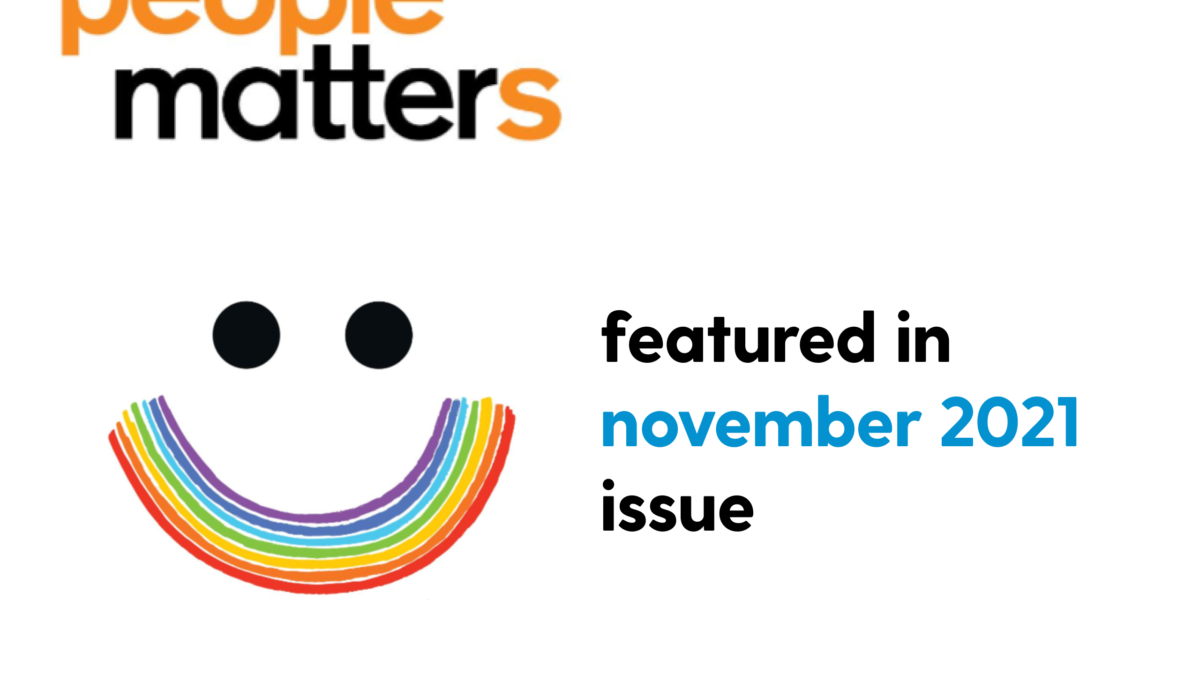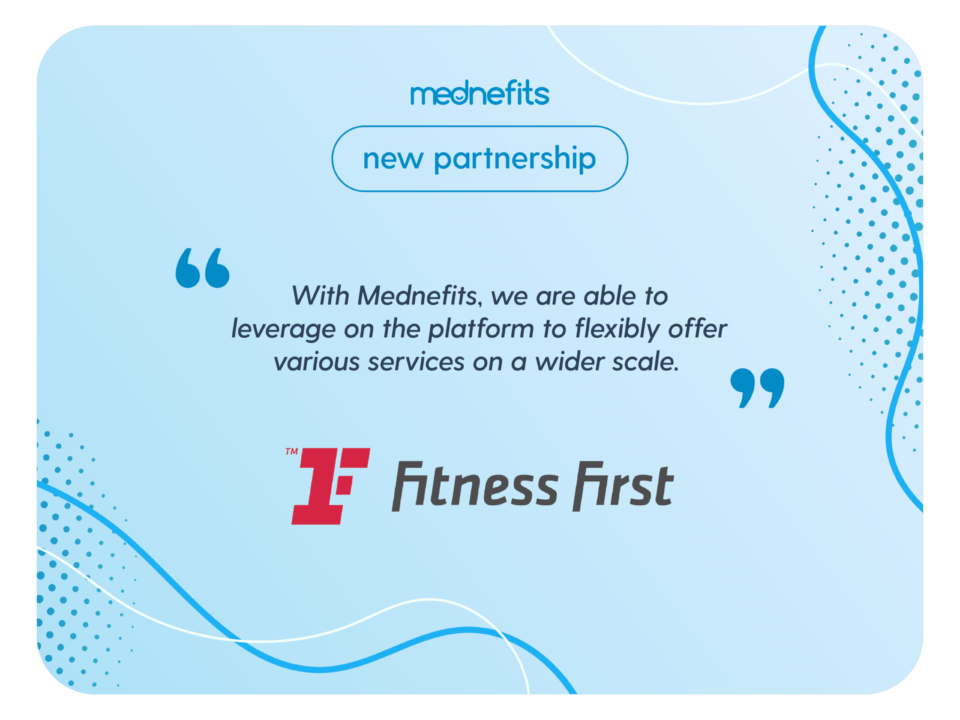Careers at Mednefits | Customer Success Admin Assistant
July 27, 2021
Types of employee benefits in Malaysia that attract and retain talents
February 3, 2022The evolution of corporate wellness industry through the pandemic
News
The evolution of corporate wellness industry through the pandemic
November 8, 2021

Mental well-being has been under the spotlight all year, but it is just one of the major trends in corporate wellness. Next to it are changes in how wellness is delivered, and changes in how wellness is even viewed at a strategic level by organisations.
In terms of demand for more strategic well-being offerings, this means they are moving to much more inclusive, flexible, and personalised wellness packages, citing reasons ranging from employee expectations to environmental contingencies and even cost management.
Personalisation also extends to changing usage, according to Chris Teo, CEO of Mednefits, who has found that companies now want greater flexibility in product offerings. 'They want to provide employees with plans that are less rigid and can cover a range of benefits,' he says – citing how, during lockdown periods, employees became less likely to visit the GP and more likely to use dental, optical, or wellness services.
Not only that, he adds, employers want that flexibility in the payment model as well: even as they enhance their benefits packages, they are seeking ways to control the cost. 'We do notice that companies are more mindful of their cash flows and thus opt for a pay-as-you-go model to ensure that their funds are mindfully utilised.'
To read the full article on The evolution of corporate wellness industry through the pandemic by Chris Teo, CEO Mednefits, featured in the November 2021 issue of People Matters Magazine November 2021: Well-Being By Design



